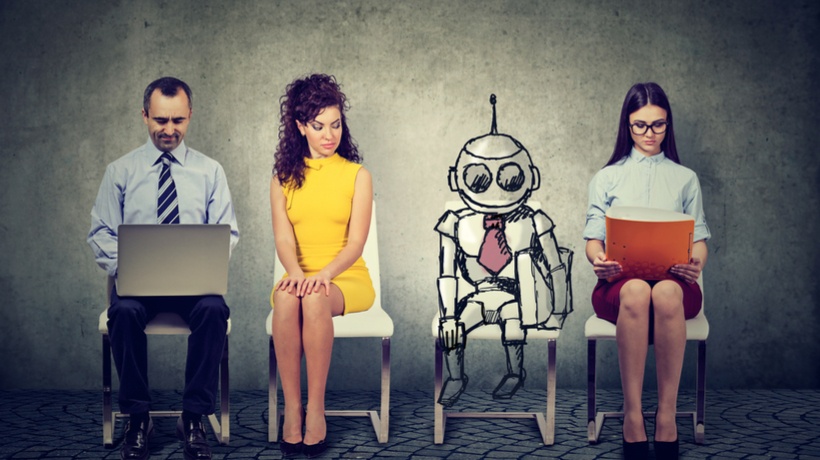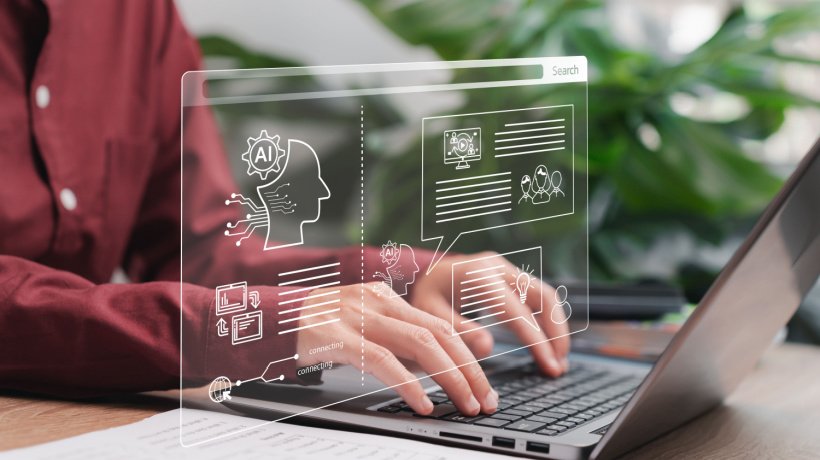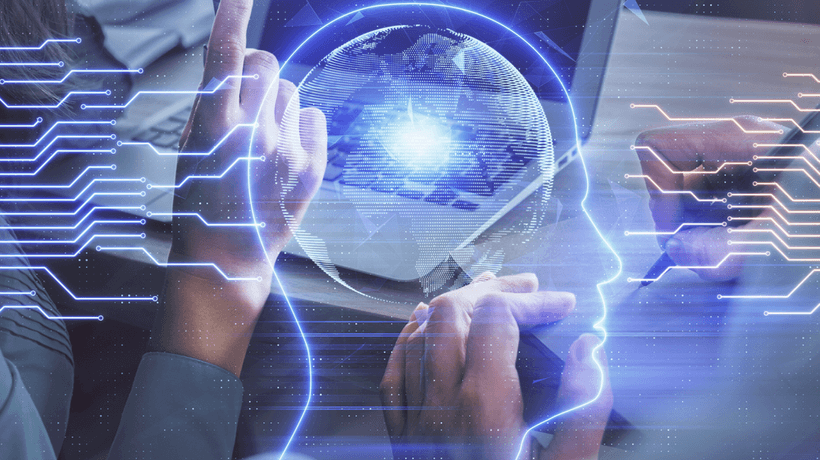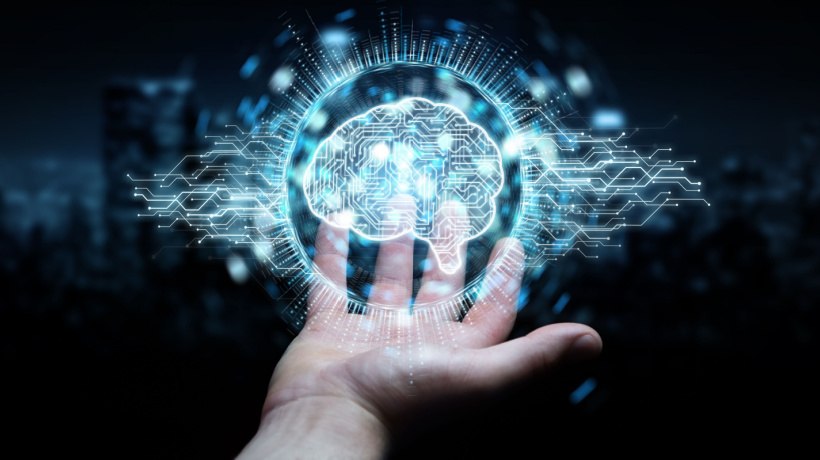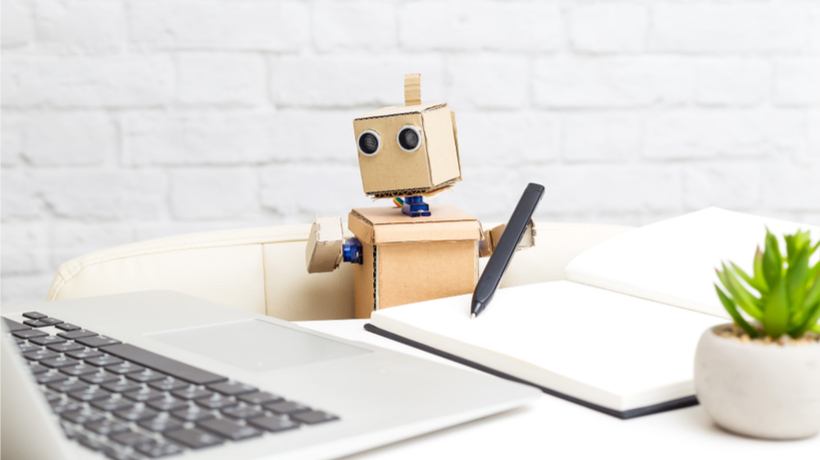How Artificial Intelligence Is Shaping The Future Of eLearning
AI holds a great potential and it has crept into varied facets of our lives. eLearning, when blended with AI, can ensure distribution of knowledge about typical workplace scenarios. With both technologies together, online Learning Management Systems can be used to act as a smart learner or educator. Such intelligent systems impart personalized experiences based on individual learning styles and preferences.
Role of Artificial Intelligence In Improving Corporate Training Experience
In today’s digital era, existing software is driving the integration of AI by adding machine learning and AI capabilities to their product range. As per Gartner, by 2020, every new software product will launch with AI-inclined capabilities. With technological innovation, companies have started integrating AI into their workplace to automate learning processes and perform smarter. Let us see how AI can boost the overall impact of workplace training programs:
1. Customized Experiences
It is rightly said that the success of any training program depends on the skills and experience of individual employees. There are ample reasons for this; one is that employees engage more when seen as individuals, rather than cogs in a giant machine. Also, everyone has a diverse learning style, and adaptive learning aligns content to those styles. For instance, machine learning converts some portion of written coursework into interactive images for better understanding and content visibility.
2. Instant Feedback
Apart from identifying workplace learning goals, and conducting a needs analysis of the learners as well as developing engaging content, it is essential to incorporate one more thing too: feedback. AI helps to gather information about employee engagement and performance, and automatically test new variations to solve the problems.
Few Examples Of Artificial Intelligence
As per Training Industry, the main aim of a training program should be to achieve a measurable return of business relying on it. It means assessing how each employee is learning and what will its impact on their workplace performance be. Let us discuss few areas where technology is paving at a fast pace:
- One of the major areas where AI holds a strong niche is data analytics. AI aids in analyzing data patterns that humans cannot perceive. This helps organizations to align customers with the right type of products they need.
- Robotics is another innovation for the modern organizations. The robots are used to automate tasks and highly used in surgical systems, robotic prosthetics, and more. Robotics is certainly amongst the best disruptive technologies of the 21st century.
- Another use case is of Forbes, which deployed AI storyteller, named Quill, by Narrative Science. Quill uses structured data input as symbols and numbers, then extracts relevant information from that data and transform it into understandable language.
- Another aspect of AI is the product development phase of different businesses, which helps to reduce the duration of new product launches. It is possible with Artificial Narrow Intelligence, where machines are meant to perform limited tasks such as self-driven cars.
- In the healthcare sector, AI is used to reduce the burden on clinicians to perform better in their jobs. For example, a voice-enabled system is used to triage patients to urgent care settings and direct patients to emergency cases when needed. The scope of AI is expected to improve health outcomes in the next 10 years, enabling people to have a better control of their day-to-day health needs.
 Source: Frost & Sullivan 2016 Transforming healthcare through artificial intelligence systems
Source: Frost & Sullivan 2016 Transforming healthcare through artificial intelligence systems
Modern eLearning programs are automated with the latest software, which comprises of tests and quizzes to aid employees to retain knowledge for long and measure the overall effectiveness of the program. Quizzes created with AI are not merely in question-answer format but can adapt themselves to customized needs of individuals. This leads to increased learning efficiency, workplace productivity, and learner engagement. Today, AI is eventually shifting from relevancy in technologically advanced areas to influencing every industry across the globe. Artificial Intelligence is getting more ubiquitous with time, holding a great potential to revolutionize every area of our lives in the next couple of years.
Suggested further reading: How A.I. could affect the world of corporate training
